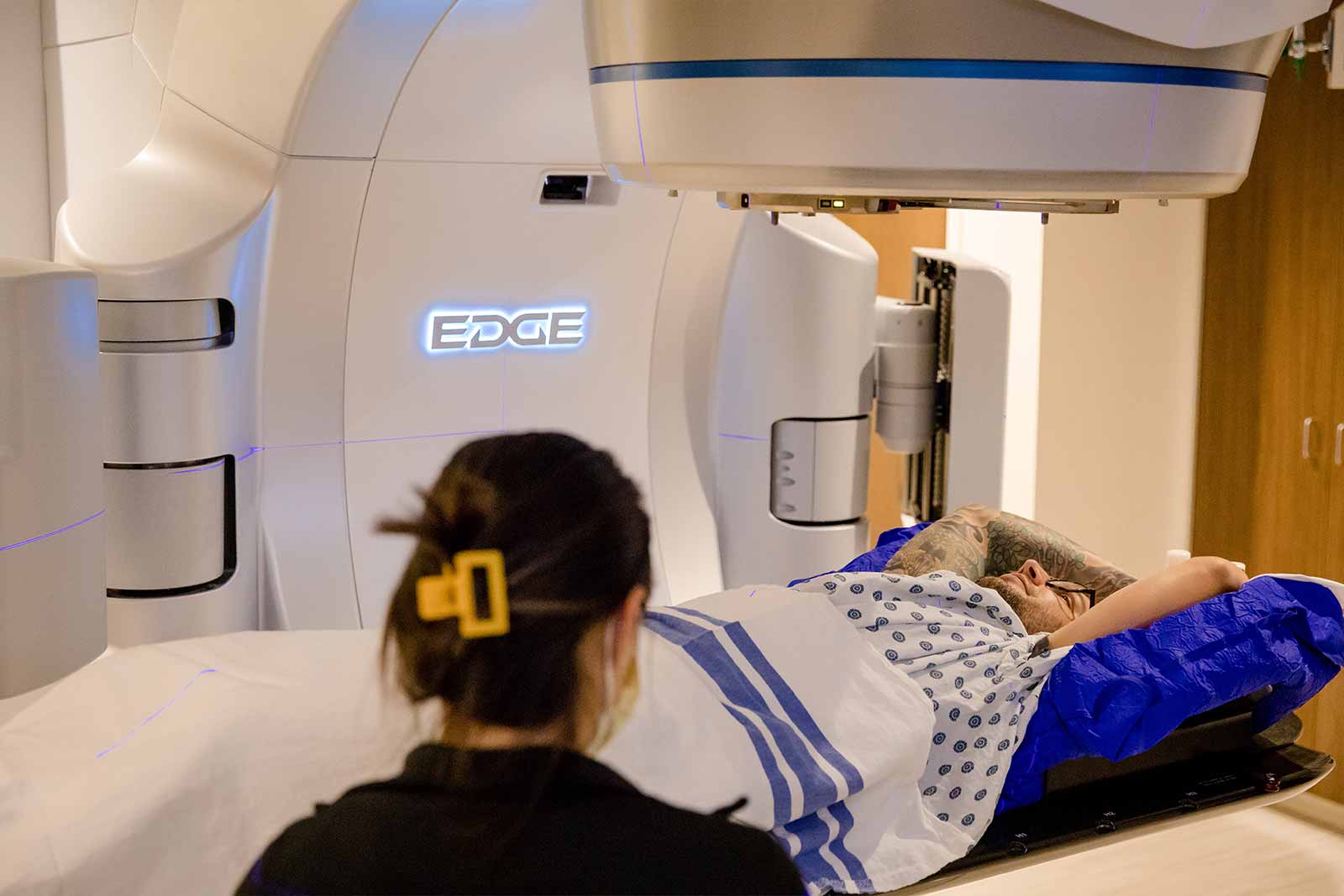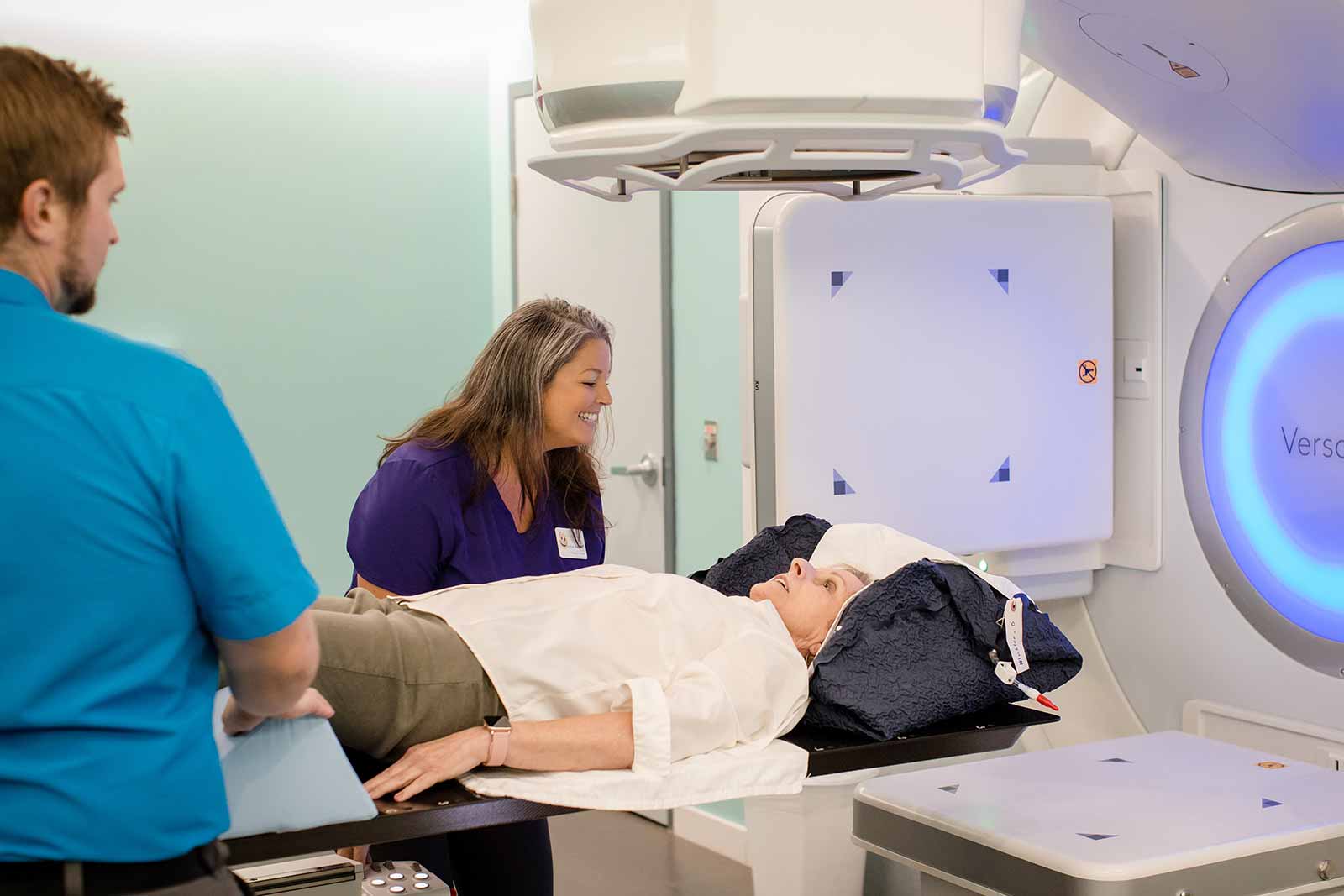Cancer Research & Innovation
Learn how the state of Florida supports the search for a cure through cancer research and funding initiatives. Read the State of Cancer 2023 report.
 These three cancer centers form the Florida Academic Cancer Care Alliance (FACCA) to build collaborations that expedite innovation in cancer research and maximize state investments in biomedical technology and research.
These three cancer centers form the Florida Academic Cancer Care Alliance (FACCA) to build collaborations that expedite innovation in cancer research and maximize state investments in biomedical technology and research.
Florida Consortium of National Cancer Institute Centers Program
The Florida Consortium of National Cancer Institute Centers Program was established by 381.915, Florida Statutes to:
- Enhance the quality and competitiveness of cancer care in this state.
- Further a statewide biomedical research strategy directly responsive to the health needs of Florida’s citizens.
- Capitalize on the potential educational opportunities available to its students.
Florida-based cancer centers are eligible to join if they are recognized by the National Cancer Institute (NCI) as NCI-designated cancer centers, NCI-designated comprehensive cancer centers, or cancer centers working toward achieving NCI designation.
The three categories of Florida cancer centers to be funded are:
- NCI-designated cancer center and comprehensive cancer center: Moffitt Cancer Center.
- NCI-designated cancer center: University of Miami Sylvester Comprehensive Cancer Center.
- Cancer center working toward achieving NCI designation: University of Florida Health Cancer Center.
Biomedical Research Program
In 2001, the Florida Legislature recognized the need to support innovative research conducted in academic and private institutions throughout the state.
The Florida Department of Health’s Biomedical Research Program administers research grant projects through three research programs (per 381.922 and 215.5602, F.S.):
- $10 million for the William B. “Bill Bankhead, Jr., and David Coley Cancer Research Program.
- $8 million for the James and Esther King Biomedical Research Program.
- $3 million for the Live Like Bella Pediatric Cancer Research Initiative.
Grants are awarded annually to support research institutions conducting cancer studies in prevention, diagnosis, and treatment. Grantees are selected based on scientific merit as determined by independent peer review experts.


Grants are awarded annually to support research institutions conducting cancer studies in prevention, diagnosis and treatment. Grantees are selected based on scientific merit, which is determined by independent peer review experts who are free from conflicts of interest.